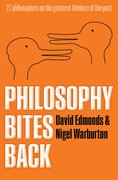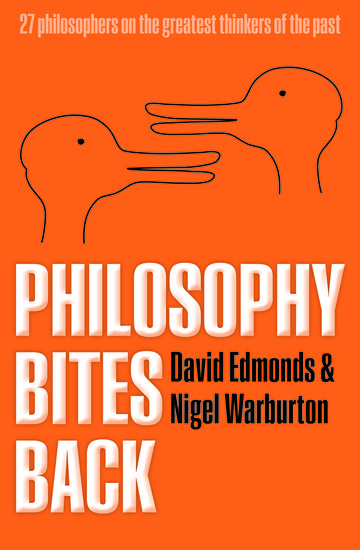Philosophy Bites Scientists’ Ankles
By Dave Edmonds and Nigel Warburton
Doctors have long been able to heal the body: now scientists are developing radical ways of altering the mind. Governments must determine what practices to permit – and for this they need rational arguments to draw relevant distinctions. Time to call on the philosophers…?








